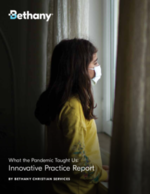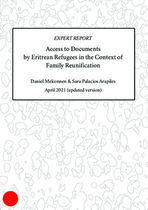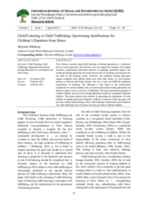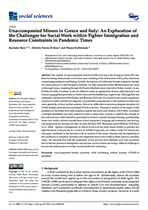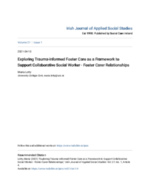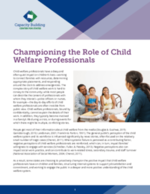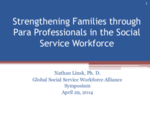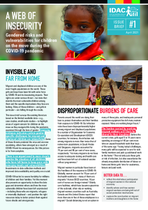Building up the bond: Analysis of adult-child interactions in foster and adoptive families
In the present study, the authors explored the adult-child interactions that took place in 116 families from Spain: 28 long-term non-kin foster families, 34 adoptive families, and a community comparison group made up of 54 families.

